All Stories
-
 Humans
HumansTransgender children are at greater risk of mental health problems
The Trump administration has rescinded federal protections for transgender kids in public schools, a move that the American Academy of Pediatrics condemns.
-
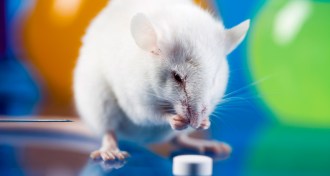 Science & Society
Science & SocietyScientists may work to prevent bias, but they don’t always say so
Scientists may do the work to prevent bias in their experiments — but they aren’t telling other scientists about it, two new studies show.
-
 Planetary Science
Planetary ScienceSaturn’s ‘Death Star’ moon may not conceal an ocean after all
A lack of cracks on Mimas suggests that the icy moon of Saturn doesn’t conceal a subsurface ocean of liquid water.
-
 Planetary Science
Planetary ScienceSaturn’s ‘Death Star’ moon may not conceal ocean after all
A lack of cracks on Mimas suggests that the icy moon of Saturn doesn’t conceal a subsurface ocean of liquid water.
-
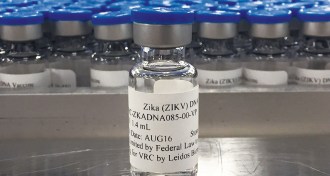 Health & Medicine
Health & MedicineDNA may offer rapid road to Zika vaccine
Researchers are pursuing multiple vaccine strategies for blocking Zika infection.
By Meghan Rosen -
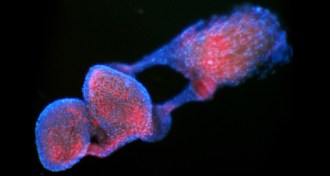 Life
LifeBacteria genes offer new strategy for sterilizing mosquitoes
Two genes in Wolbachia bacteria could be used to sterilize mosquitoes that transmit Zika.
-
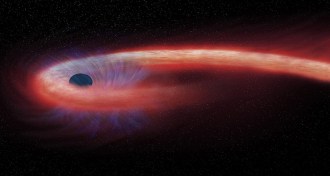 Astronomy
AstronomyBlack hole enjoys fantastically long stellar feast
A supermassive black hole about 1.8 billion light-years away has been gorging on the same star for a record-breaking decade.
-
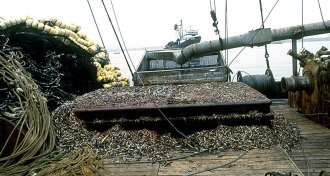 Environment
EnvironmentMost fish turned into fishmeal are species that we could be eating
Millions of tons of food-grade fish are turned into fishmeal for aquaculture and agriculture.
-

The stories of supernova 1987A, as told by Science News
In the wee hours of February 24, 1987, astronomers caught their first glimpse of supernova 1987A. Science News brings you that story, in multiple ways.
By Kate Travis -
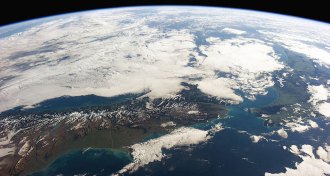 Earth
EarthNewly identified continent Zealandia faces a battle for recognition
Geologists make the case for a new continent, dubbed Zealandia, found largely submerged beneath the southwestern Pacific Ocean.
-
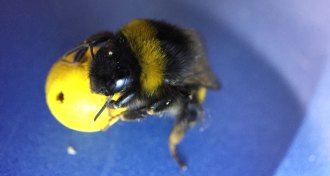 Animals
AnimalsScore! Bumblebees see how to sink ball in goal, then do it better
A first lesson in six-legged soccer tests bumblebees’ ability to learn.
By Susan Milius -
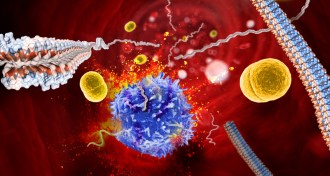 Life
LifeBacteria’s amyloids display surprising structure
Protein clusters made by Staphylococcus aureus bacteria have a surprising new structure.